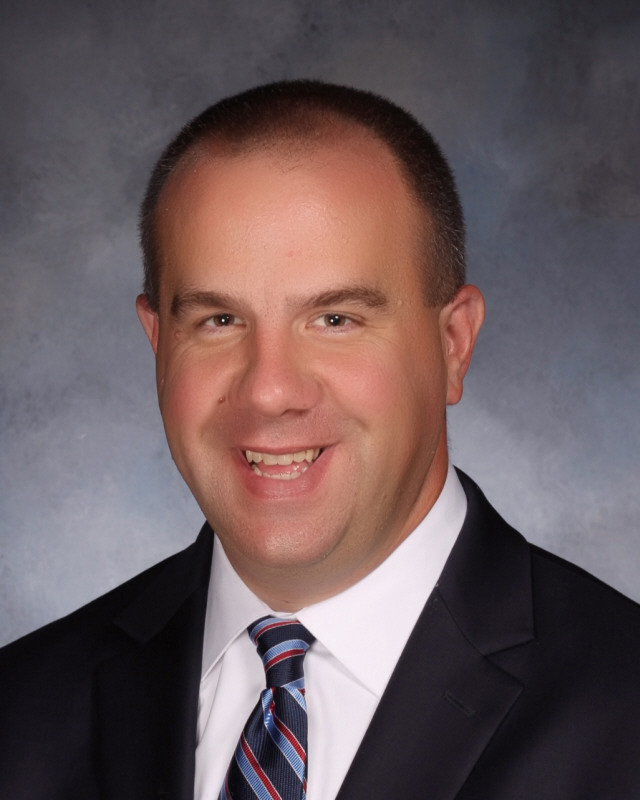An Introduction to Disability Advocacy Month
May 8, 2023
Every March, disability advocacy organizations raise national awareness for the struggles of the disabled people. Developmental Disability Awareness Month seeks to tell the stories of those who are physically disabled, like those with hearing loss, and mental disability, like those with ADHD. Due to these struggles, integrating with society is often more difficult. This is why everyone should pay attention to their struggles, as modern society can then offer accommodations for their conditions. Primary and secondary education institutions should definitely make accommodations for disabled students. These institutions are where people learn critical social and academic skills necessary for pursuing further education and employment. The fairness of institutions is paramount for the well being of all disabled Americans.
The Americans with Disabilities Act, often abbreviated to “ADA”, tackled the question on what to do about disabled Americans back in 1990. It prevented the discrimination of disabled people in all public fields, including education. In practice, this meant that schools would have to make reasonable accommodations for students with adequate abilities. As long as they can get the job done, institutions would make alterations to a person’s circumstances to fill in the difference caused by the disability.
In schools, this requirement manifests itself as many features. Ramps and elevators for wheelchair bound persons can be found in commonly used spaces. For mentally disabled students, extra time is often allotted for major assessments. Criteria can also be altered if the student’s disabilities require it. If necessary, courses with a slower pace or taught by specialized staff can also be offered. There are even whole facilities dedicated to teaching those who have extremely poor vision or are completely blind.
However, the ADA only covers half of the problems. The environment that disabled kids are taught in is also a major factor. If they are ostracized by their peers, this can lead to an adulthood characterized by isolation and struggles. It is imperative that, at least the majority of the student body, shows acceptance towards disabled individuals. Being constantly put down, especially during the tumultuous teen years, can cause mental health issues. These can include confidence and trust issues on the less extreme end to depression, paranoia and suicidal or homicidal thoughts at the very worst. Of course, intervention can resolve these issues, but it is much safer and less painful for all parties if a proactive stance is taken. A majority tolerant and welcoming environment in school for disabled people goes a long way towards adjustment in society.
Life is full of trials that are challenging even to those who are able bodied and mentally developed. These challenges are only magnified for disabled people. Even with the ADA allowing students to usually receive an education nearly the same as their counterparts, the issue of integration is not mandated. Rather, it is up to each school to foster a healthy community that is well informed and mature enough to let go of prejudices. Developmental Disability Awareness Month seeks to further this endeavor by spreading the message of acceptance further. Every March calls you to individually reflect on how you can contribute to making an environment tolerant and welcoming for all people, disabled people included.












